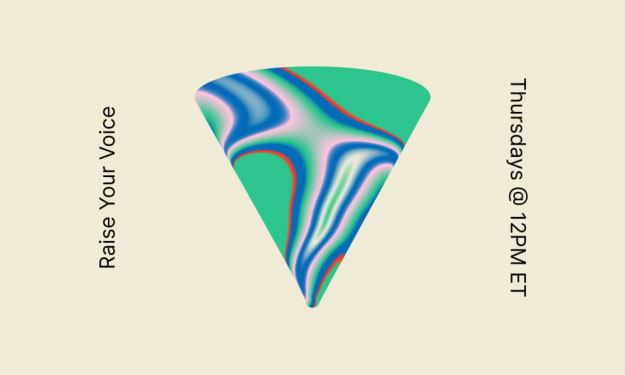
Evaluation is an important aspect of the policy and decision-making process, as it helps to determine the value and effectiveness of different programs and initiatives. It can be used to assess a wide range of issues, including social, economic, and environmental programs and policies.
Over the past hundred years, the field of evaluation has undergone significant changes and developments. In the early 20th century, evaluation was mainly focused on determining the efficiency and effectiveness of government programs. However, as the field has evolved, it has come to encompass a wider range of topics and methods, including participatory approaches, stakeholder engagement, and the use of mixed methods and multiple sources of evidence.
Today, evaluation is an integral part of the policy and decision-making process, and is used by governments, non-profits, and other organizations to assess the impact and effectiveness of their programs and initiatives. It is a dynamic field that continues to evolve and adapt to changing needs and challenges.
Evaluation has a long history and has undergone significant developments and changes over the past hundred years. In the early 20th century, evaluation focused mainly on the assessment of educational programs and services, and used quantitative data and statistical analysis to measure their effectiveness.
Over time, the field of evaluation has expanded to encompass a wide range of issues and sectors, including health care, social services, environmental policy, and international development. It has also become more interdisciplinary, incorporating perspectives and approaches from fields such as psychology, sociology, economics, and political science.
In the latter half of the 20th century, there was a shift towards more participatory and inclusive approaches to evaluation, which involved engaging stakeholders and beneficiaries in the evaluation process. This emphasis on stakeholder engagement has continued to grow in importance in recent years, as has the use of mixed-methods approaches that incorporate both quantitative and qualitative data.
The field of evaluation has come a long way in the past hundred years. From its early focus on the assessment of educational programs and services, it has grown to encompass a wide range of issues and sectors, including health care, social services, environmental policy, and international development. Along the way, it has also become more interdisciplinary, incorporating perspectives and approaches from fields such as psychology, sociology, economics, and political science. In this essay, we will explore the history and evolution of evaluation over the past century, highlighting key developments and trends that have shaped the field.
Evaluation has its roots in the early 20th century, when the focus was on measuring the effectiveness of educational programs and services. At this time, evaluation relied heavily on quantitative data and statistical analysis, and was largely driven by a need to allocate resources and make decisions about program funding. As the field evolved, the scope of evaluation expanded to encompass a wide range of issues, including public health, social services, and environmental policy.
One of the key developments in the field of evaluation in the latter half of the 20th century was the shift towards more participatory and inclusive approaches. This involved engaging stakeholders and beneficiaries in the evaluation process, in order to ensure that the evaluation was relevant and responsive to their needs and concerns. This emphasis on stakeholder engagement has continued to grow in importance in recent years, as has the use of mixed-methods approaches that incorporate both quantitative and qualitative data.
Another significant trend in the field of evaluation over the past hundred years has been the increasing recognition of the importance of using evidence to inform decision-making and improve outcomes. Evaluation is often seen as a crucial tool for improving the effectiveness of programs and interventions, as it helps to identify what works and what doesn't, and to identify areas for improvement. In this way, evaluation helps to ensure that resources are being used efficiently and effectively, and that programs are having the desired impact.
Over the past decade, there has also been a growing recognition of the importance of evaluating the impact of large-scale development projects, such as infrastructure projects or international aid programs. This has led to the development of new approaches and methodologies for evaluating the long-term impact of these projects, and has highlighted the need for more robust and rigorous evaluation frameworks.
In conclusion, the field of evaluation has undergone significant changes over the past hundred years, reflecting the diverse and evolving needs of society and the increasing recognition of the importance of gathering and using evidence to inform decision-making and improve outcomes. As the field continues to evolve, it is likely that we will see further developments and trends emerge, as evaluators seek to better understand the effectiveness of programs and interventions, and to identify ways to improve their impact.
In conclusion, the field of evaluation has undergone significant changes over the past hundred years, reflecting the diverse and evolving needs of society and the increasing recognition of the importance of gathering and using evidence to inform decision-making and improve outcomes.
About the Creator
Samira
25 years young.
inspired creative, enterprenuer and lover of life.
expressing herself through words, songs, images and sounds. writing her story daily, putting meaning to her path.
Welcome! :-)






Comments
There are no comments for this story
Be the first to respond and start the conversation.